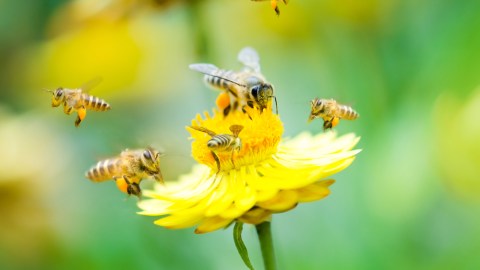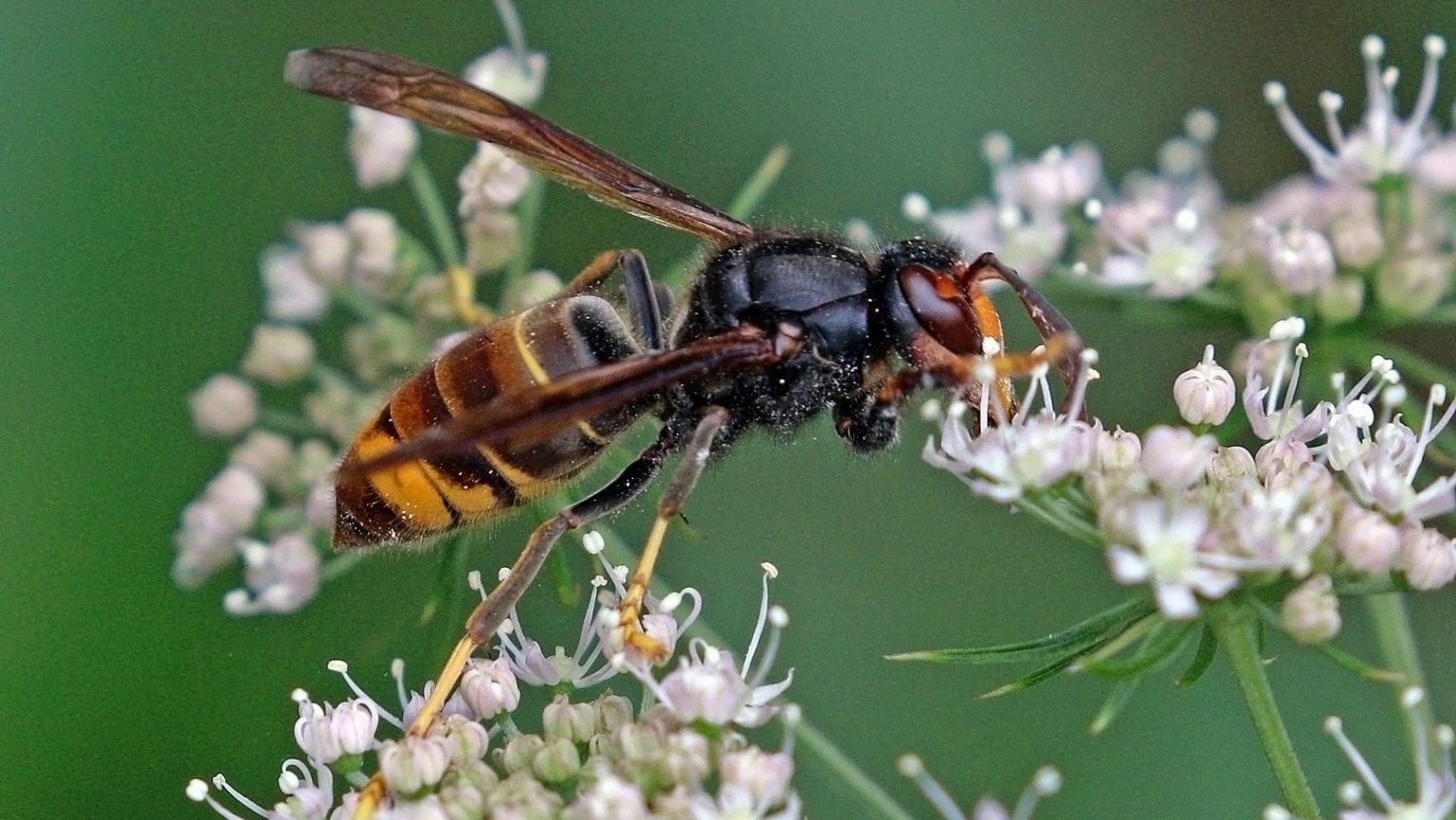White House Invests in Vital Honey Bee Conservation Efforts

What’s the Latest?
The United States Department of Agriculture will be investing $8 million for five states to expand honey bee habitats, Reuters reports. The investment is part of a push to help support dwindling populations of crop pollinators across the country. Nearly a quarter of the country’s managed honey bee colonies were lost this past winter, a continuation of a staggering yearly trend. From the Reuters wire:
The recent increased loss of honey bee colonies is thought to be caused by factors including a loss of natural forage and inadequate diets, mite infestations and diseases, loss of genetic diversity, and exposure to certain pesticides.
What’s the Big Idea?
The effort to revitalize honey bee populations isn’t just a goal of conservationists, it’s an economic imperative:
“Honey bee pollination alone adds more than $15 billion in value to agricultural crops each year in the United States,” the White House said.
That’s right: $15 billion with a b(ee). Each year, honey bees pollinate plants that produce about 25% of all food consumed by Americans. These include apples, watermelons, beans, and almonds.
The bee crisis isn’t merely an American one; European governments have reported similar declines. The heightened rate at which honey bees are dying could imperil the global food market and entire agricultural industries. If pollinator populations continue to shrink, food supplies would be cut and prices would rise to dangerous levels. This has been a fear for many years now and scientists have made many attempts to stave off colony collapse, including the production of genetically modified bees.
It’s relieving that the U.S. government recognizes the importance of pollinators to our food supply and economy. It remains to be seen whether their strategies churn out positive results.
Read more at Reuters
Photo credit: szefei / Shutterstock





